Loại chim 'hút mật?"
-- con dực --
có 2 duôi xòe ra ỡ
Peru.
Marvellous Spatuletail
From Wikipedia, the
free encyclopedia
Jump to: navigation, search
The
Marvellous Spatuletail (Loddigesia mirabilis) is a medium-sized
(up to 15 cm long) white, green and bronze hummingbird adorned with blue crest feathers, a
brilliant turquoise gorget, and a black line on its white underparts.
It is the only member of the monotypic genus Loddigesia.
A Peruvian endemic, this species is found in the forest edge
of the Río Utcubamba region. It was first
reported in 1835 by the bird collector Andrew
Matthews for George Loddiges. The Marvellous
Spatuletail is unique among birds, for it has just four feathers in its tail.
Its most remarkable feature is the male's two long racquet-shaped outer tail feathers
that cross each other and end in large violet-blue discs or
"spatules". He can move them independently.
Due
to ongoing habitat loss, small population size, and limited range, the
Marvellous Spatuletail is evaluated as Endangered on the IUCN Red List of Threatened Species.
It
is listed on Appendix II of CITES.
In
2006, American Bird Conservancy provided Peruvian conservation partner ECOAN
with support to sign a conservation easement with the Pomacochas Community to
protect and manage about 100 acres (0.40 km2) of significant
habitat for the Marvelous Spatuletail hummingbird.
Over
30,000 sapplings of native trees and bushes have since been planted there for
the spatuletail.
This
conservation easement is the first of its kind in Peru.
The
Marvellous Spatuletail has been featured on the PBS TV series Nature.
[1


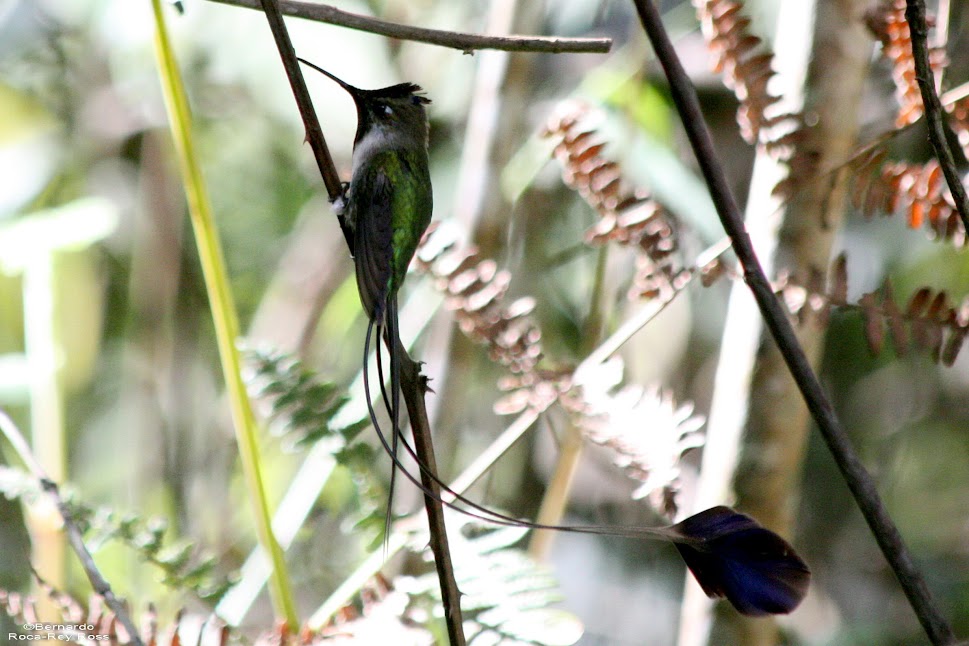
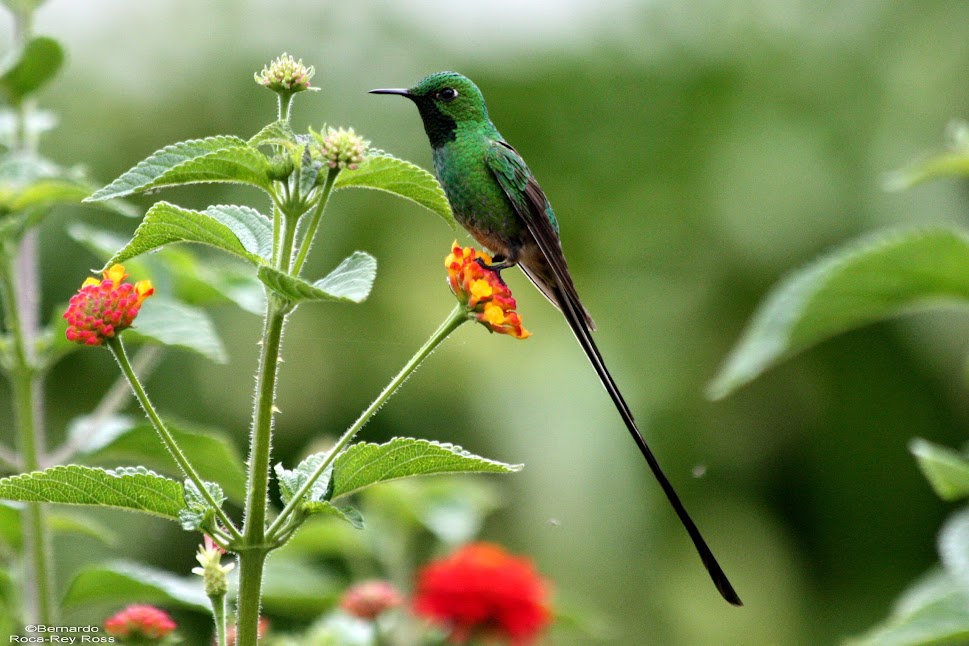
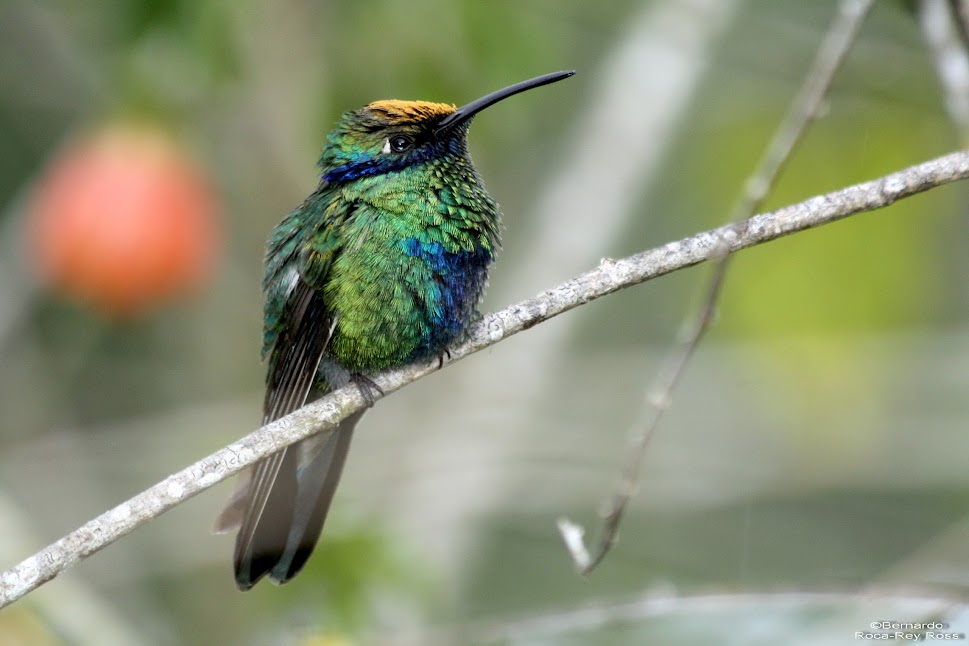
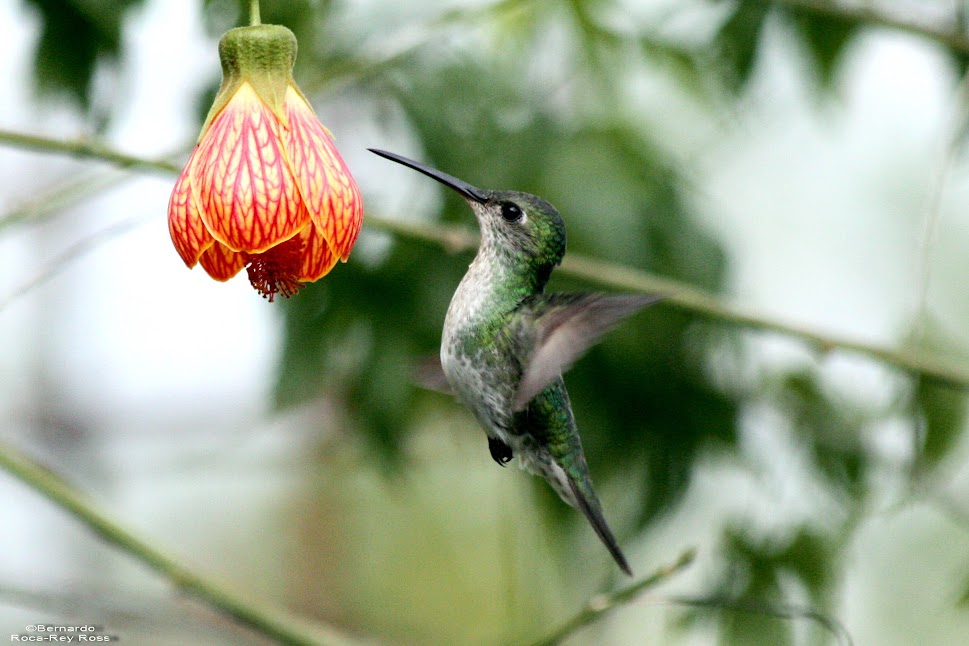
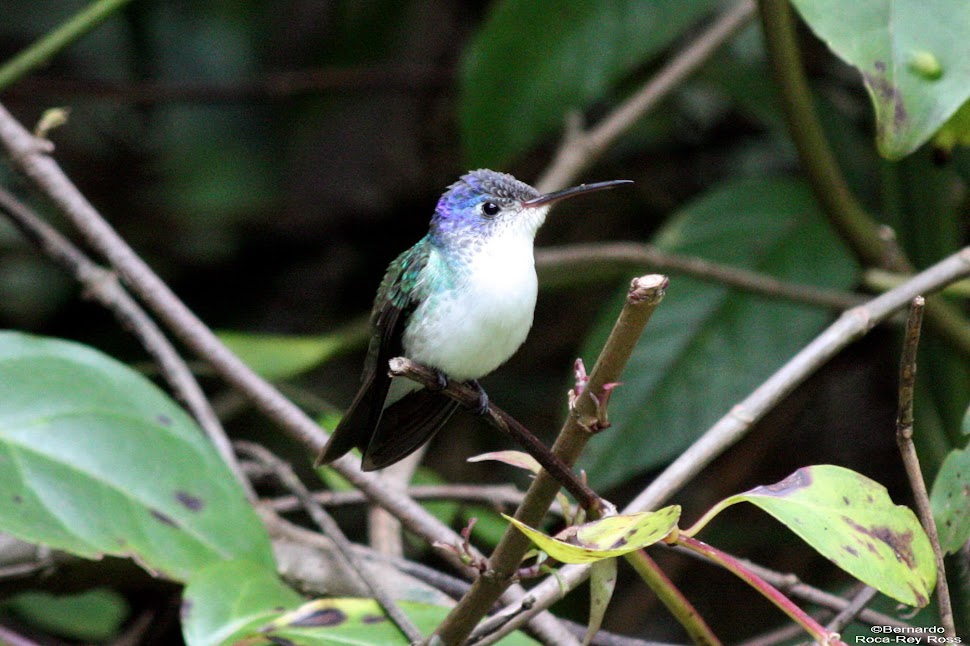
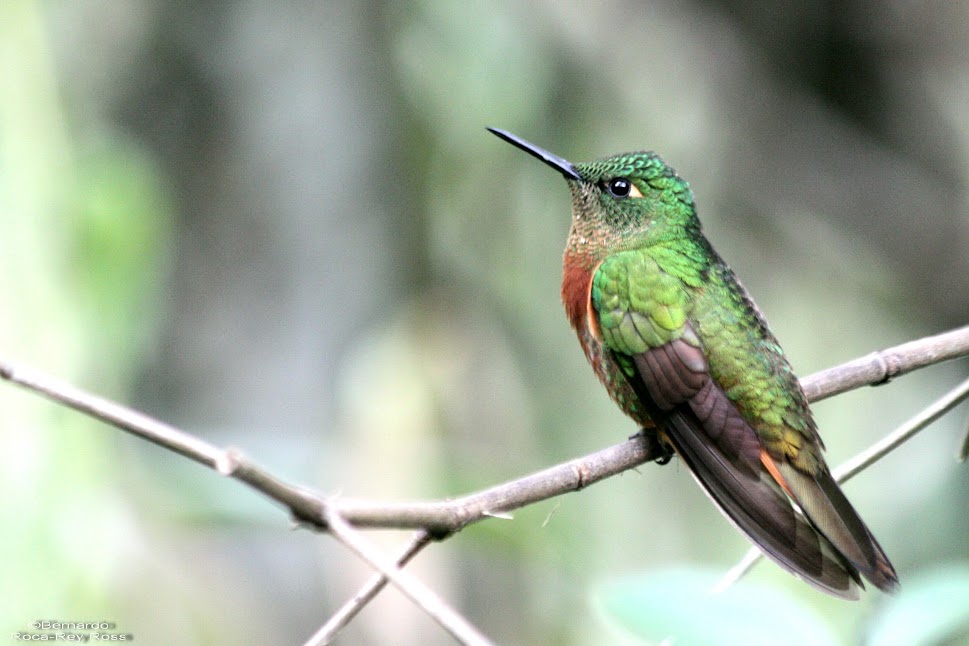













No comments:
Post a Comment
Thanks for your Comment